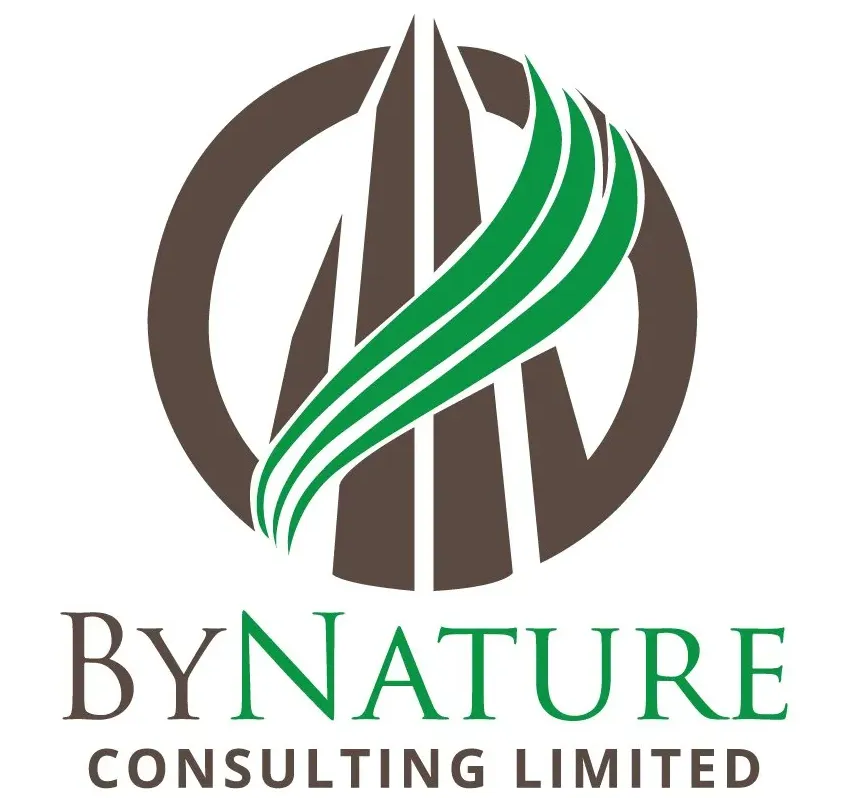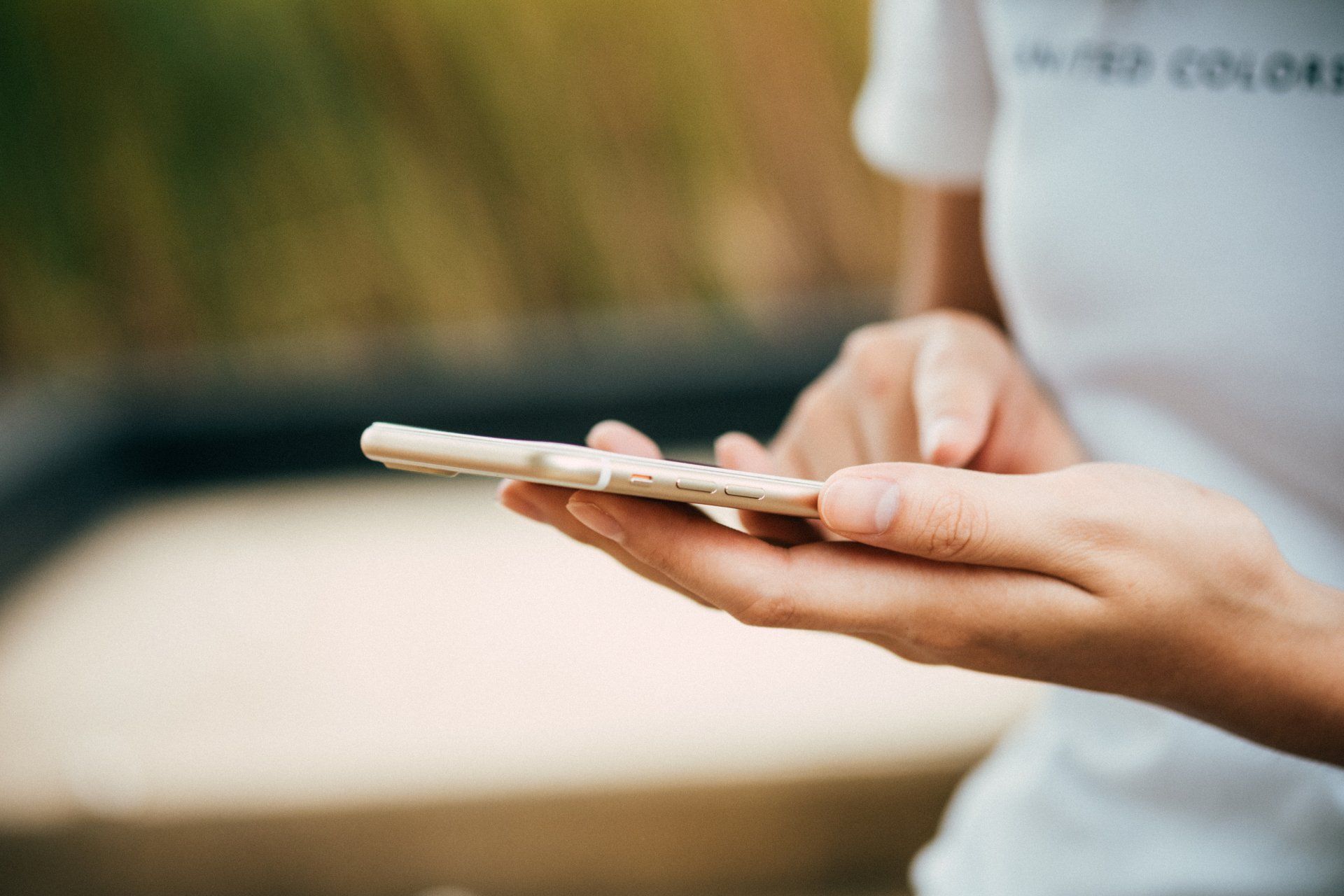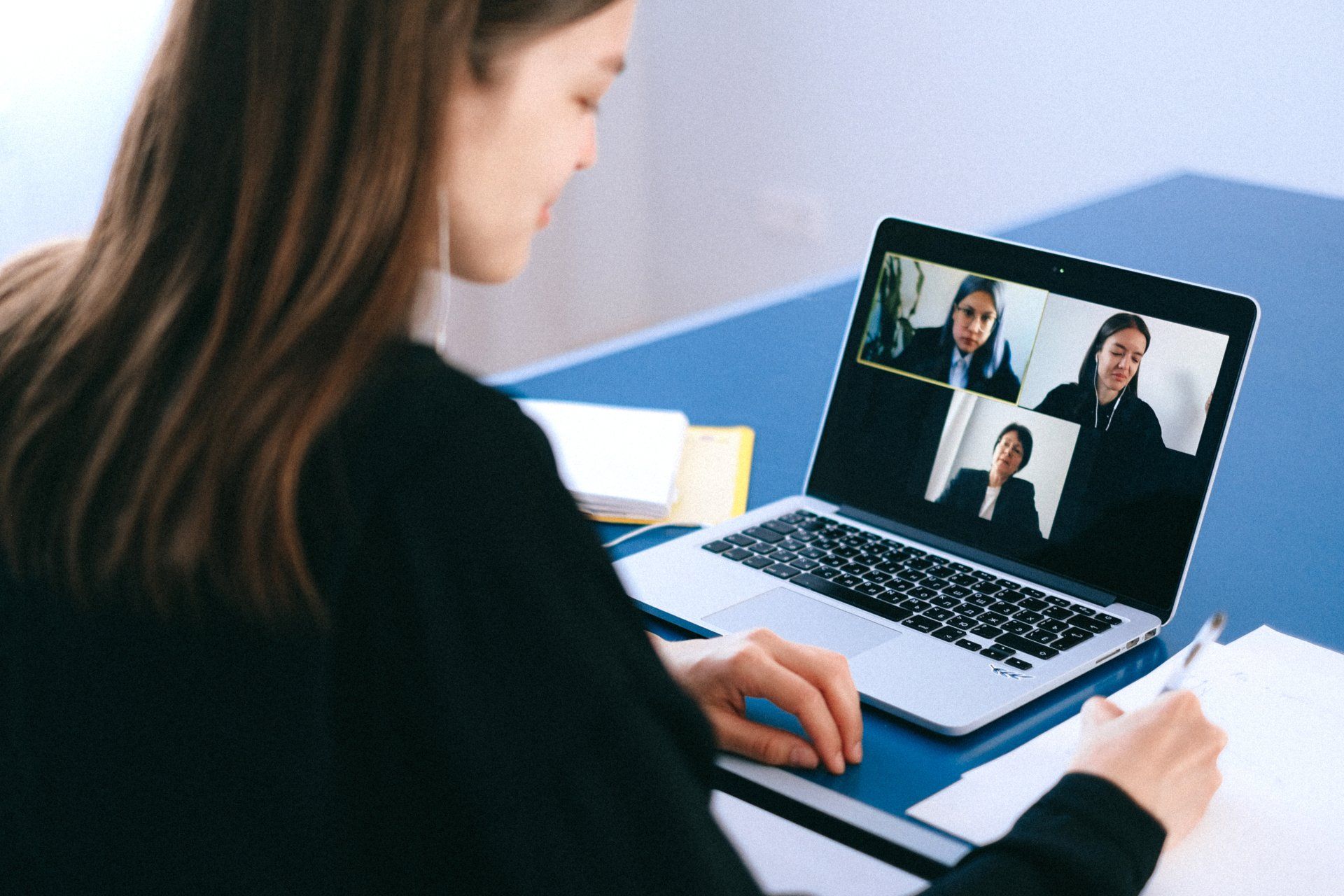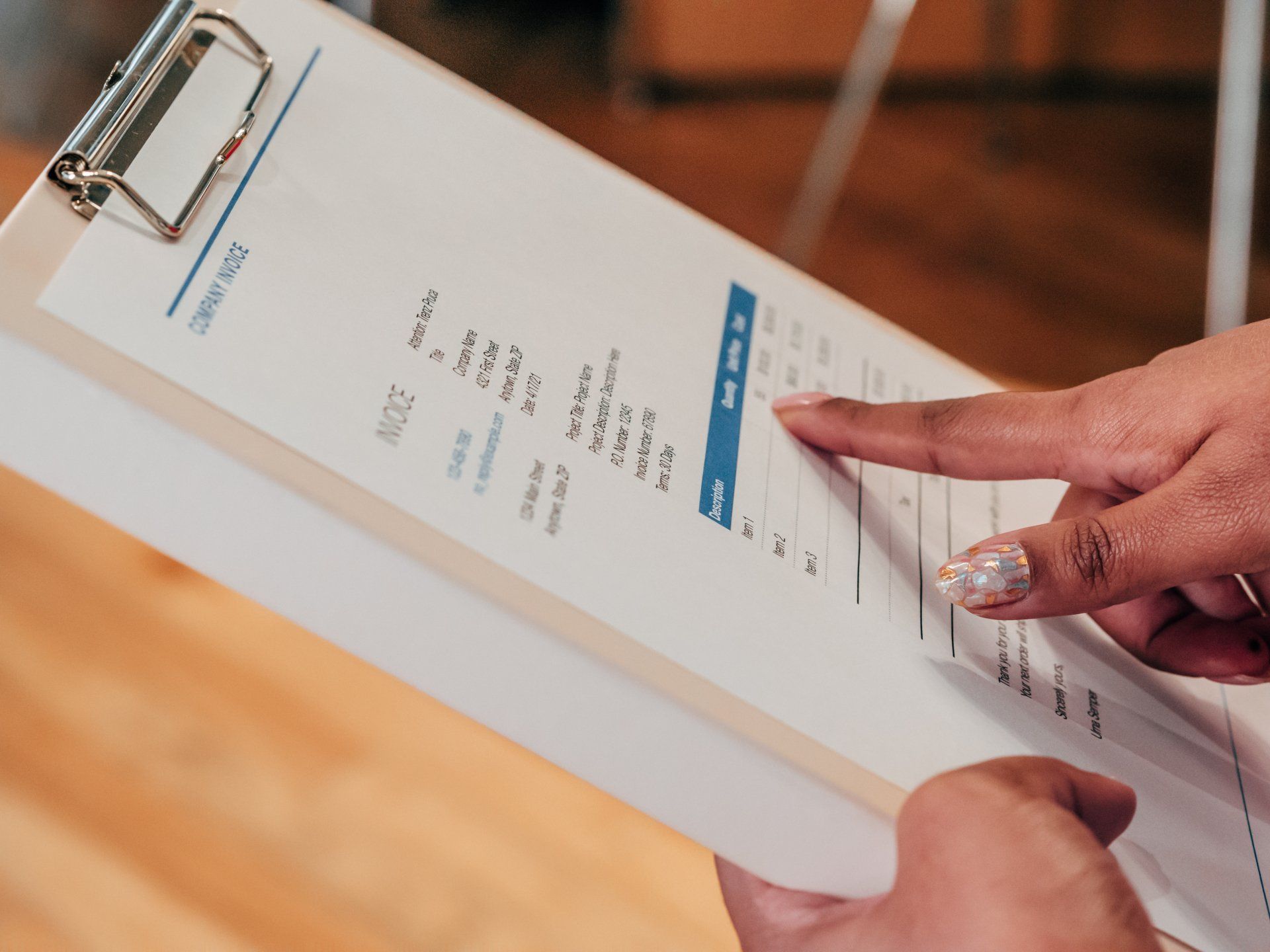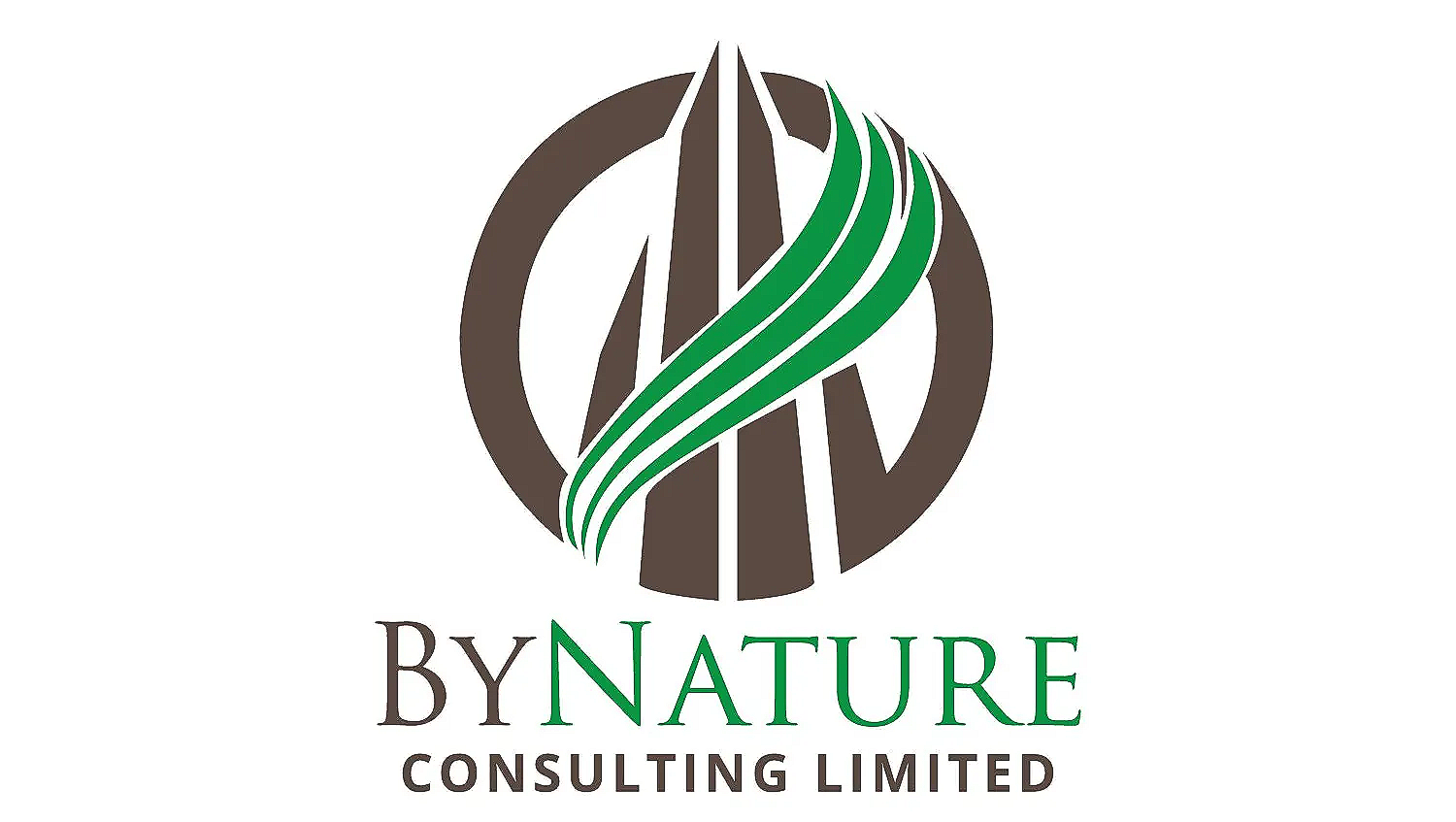Self Assessment Tax Returns for anyone with income to declare.
Self Assessment is a system HM Revenue and Customs (HMRC) uses to collect Income Tax from individuals who have income that is not taxed at source (e.g. through PAYE - Pay As You Earn).
As an individual you will need to complete a self assessment tax return if you:
- were self-employed as a ‘sole trader’ and earned more than £1,000 (before taking off anything you can claim tax relief on)
- were a partner in a business partnership
- earned £100,000 or more·
- had to pay the High Income Child Benefit Charge
You may also need to send a tax return if you have any untaxed income, such as:
- some COVID-19 grant or support payments
- money from renting out a property
- tips and commission
- income from savings, investments and dividends
- foreign income
Other reasons for sending a return;
You can choose to fill in a tax return to:
- claim some Income Tax reliefs
- prove you’re self-employed, for example to claim Tax-Free Childcare or Maternity Allowance
How we help you complete your self assessment tax return.
If you have income that needs to be declared as self-assessed, here are the general steps you would need to take:
- You must tell HMRC by 5 October if you need to complete a tax return and have not sent one before. You could be fined if you do not.
2. You must keep records of your business income and expenses for your tax return if you’re self- employed as a:
- sole trader
- partner in a business partnership
You’ll also need to keep records of your personal income.
If you’re the nominated partner in a partnership, you must also keep records for the partnership.
3. Accounting methods
You’ll need to choose an accounting method.
Traditional accounting
Many businesses use traditional accounting where you record income and expenses by the date you invoiced or were billed.
Example: You invoiced a customer on 28 March 2022. You record that invoice for the 2021 to 2022 tax year - even if you did not receive the money until the next tax year.
Cash basis accounting
Most small businesses with an income of £150,000 or less can use cash basis reporting.
With this method, you only record income or expenses when you receive money or pay a bill. This means you will not need to pay Income Tax on money you have not yet received in your accounting period.
Example: You invoiced someone on 15 March 2022 but did not receive the money until 30 April 2022. Record this income for the 2022 to 2023 tax year.
What records to keep
You’ll need to keep records of:
all sales and income
VAT records if you’re registered for VAT
PAYE records if you employ people
records about your personal income
your grants, if you claimed through the Self-Employment Income Support Scheme - check how much you were paid if you made a claim
Why you keep records.
You do not need to send your records in when you submit your tax return but you need to keep them so you can:
· work out your profit or loss for your tax return
· show them to HM Revenue and Customs (HMRC) if asked
You must make sure your records are accurate.
Keep proof
Types of proof include:
· all receipts for goods and stock
· bank statements, chequebook stubs
· sales invoices, till rolls and bank slips
- Complete the Self-Assessment Form which can be done online through the HMRC website or on paper. The form will ask you to provide details about your income, deductions, and other relevant financial information.
- Submit the Tax Return: The deadline for submitting online self-assessment tax returns is typically January 31st following the end of the tax year (which runs from April 6th to April 5th).
- Pay any Tax Owed: Based on the information provided on the tax return, how much tax you owe will be calculated.
- Receive Confirmation: After submitting your tax return, you'll receive a confirmation from HMRC.
How it works
If you are looking for advice and support for your self assessment tax return, it is simple. Just call or email us, we find out more about you and your needs and then we will produce a quote - it's that easy!
-
Contact Us
Learn moreCall or email us to find out more about self assessment tax.
-
Speak to an Expert
Learn moreSpeak with an accountant and learn how BYNC can help with self assessment tax.
-
Quote
Learn moreFrom learning more about you we will put together a quote based on your needs.
Contact Us
We will get back to you as soon as possible.
Please try again later.
